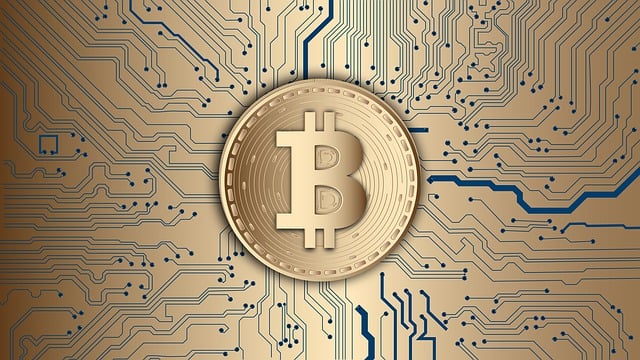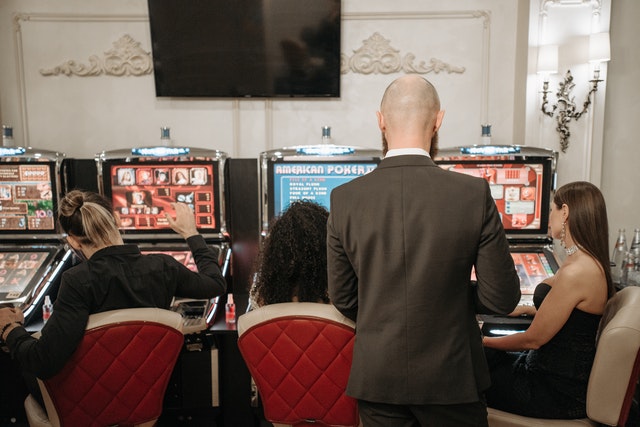Betting Payouts Made Easy: Your Go-To Guide for Lightning-Fast
With the surge of online betting, players are looking for quicker, safer, and more accessible methods to withdraw their winnings. Whether you’re an experienced bettor or just beginning your wagering experience, it’s crucial to understand which withdrawal methods provide the fastest payouts.
E-Wallets: The Fast-Track to Your Winnings
Regarding online betting and rapid payouts on sukses777, e-wallets are at the forefront. These digital wallets enable almost instantaneous transactions, making them the preferred option for bettors wanting to quickly access their funds. Here are the top e-wallet choices:
Swift and Reliable
Renowned for its low fees and speedy processing times, it is extensively accepted across various betting sites, rendering it a favored selection for bettors who prioritize expediency.
Quick and Efficient
Similar to Skrill, Neteller is another e-wallet that delivers fast payouts and minimal fees. This e-wallet enjoys wide compatibility with betting platforms, making it a trustworthy option for bettors.
Instant Access
Paytm, a widely used e-wallet in India, provides instant withdrawals on countless betting sites. Its smooth integration with online betting platforms renders it a practical choice for bettors seeking immediate access to their funds, making it one of the swiftest withdrawal options.
The Future of Fast Withdrawals
Providing unmatched speed, security, and anonymity, digital currencies such as Bitcoin, Ethereum, and Litecoin are increasingly favored for withdrawing funds.
Instant Transactions and Robust Security
Cryptocurrency transactions are conducted nearly instantaneously, enabling bettors to receive their winnings without delays. The security safeguards offered by blockchain technology position cryptocurrency as one of the most secure withdrawal methods, ensuring your funds are well-protected. Furthermore, the decentralized aspect of cryptocurrencies means that transactions are exempt from conventional banking regulations, which further hastens the payout process.
Privacy and Anonymity
For bettors who prioritize their privacy, cryptocurrencies provide the additional advantage of anonymity. This characteristic affords a degree of confidentiality that is particularly attractive to those wishing to keep their betting activities discreet.
Bank Transfers: Tried and True but Slower
Bank transfers have long been a conventional method for withdrawing funds from betting sites. Although they provide high security and reliability, they do not match the speed of e-wallets or cryptocurrencies. The time taken for bank transfers can differ, typically ranging from 24 hours to five business days, depending on both your bank and the betting platform.
Credit and Debit Cards: Convenient but Variable
Visa and Mastercard are often utilized for withdrawing funds from betting sites. The ease of using debit and credit cards is undeniable, yet processing times can vary. Typically, card withdrawals may take between one to five business days, influenced by factors such as the policies of the betting site and the card issuer.
Conclusion: Choose Wisely for Faster Withdrawals
As internet wagering keeps increasing in popularity, the need for quicker, more dependable withdrawal options also rises. E-wallets such as Skrill, Neteller, and Paytm set the standard for rapid payouts, with cryptocurrency transactions providing the quickest and safest choice. Although conventional methods like bank transfers and credit/debit cards are still dependable, they typically have longer processing durations.


























